The new Van Rysel aero would be ready to hit the market, more details about the RCR-F
The arrival of the new Van Rysel RCR-F has been confirmed, Decathlon's aerodynamic bike that complements its collection of high-performance road bikes, where they already had the RCR Pro, the revelation bike of the recently finished season, and the XCR UCI, their time trial machine.
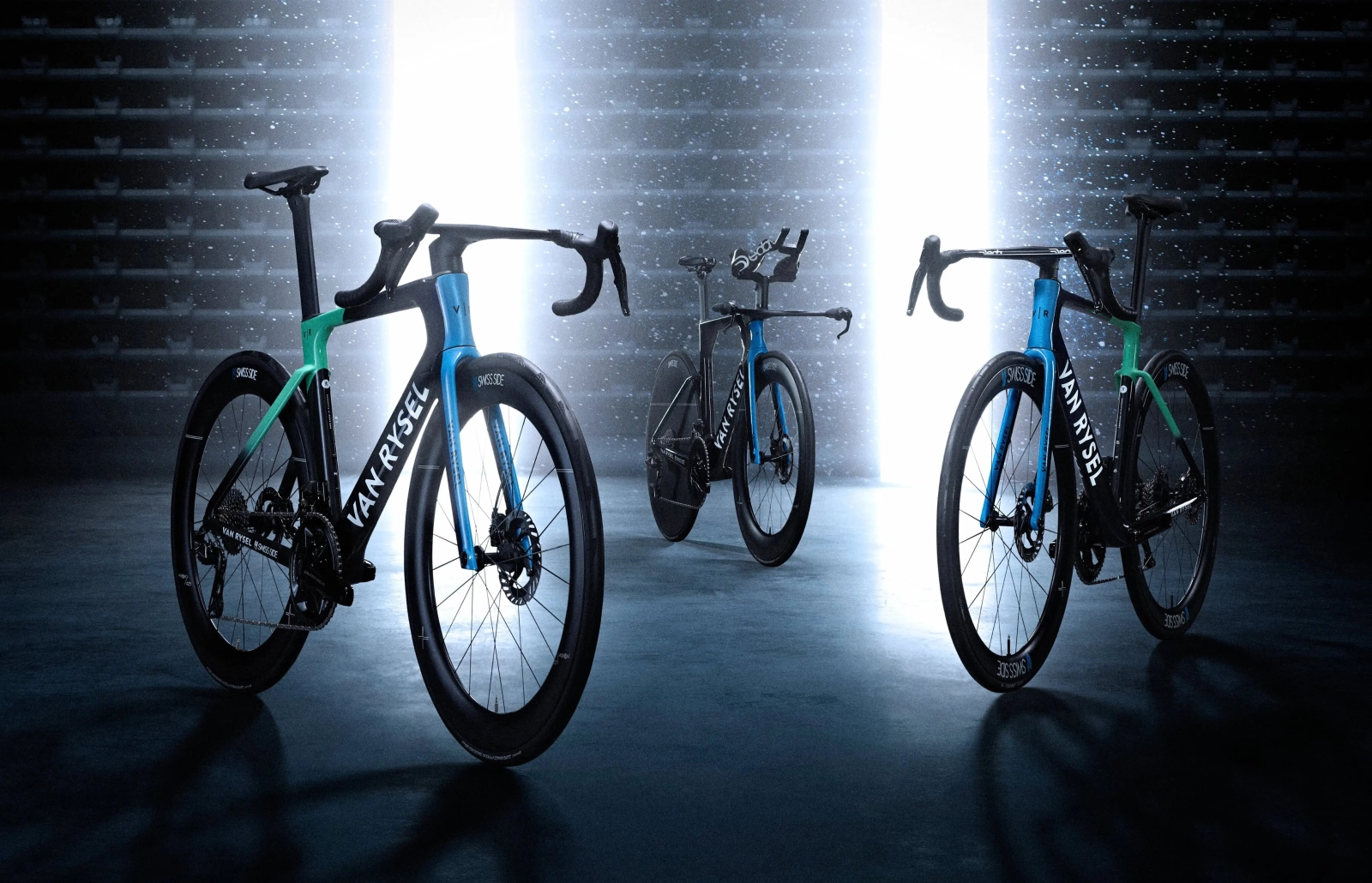
Decathlon-AG2R La Mondiale's arsenal is completed with the new Van Rysel RCR-F
We had already seen it rolling during the past Tour de France, where its prototypes were tested by some cyclists from Decathlon-AG2R La Mondiale and now, after the team presentation as a prelude to the return to work for the imminent season, the inclusion in the catalog of this new Van Rysel RCR-F has been confirmed, a purely aerodynamic option that complements the aerolight climber RCR Pro.
A bike that, according to Nicolas Pierron, head of Van Rysel, is 7% stiffer than the RCR Pro and, obviously, greatly improves its aerodynamic qualities with a benefit of 13 watts compared to this for a bike that stays around 7.5 kg ready to ride, a weight in line with its competitors considering that it is equipped with 65 mm profile Swiss Side wheels.
RECOMENDADO
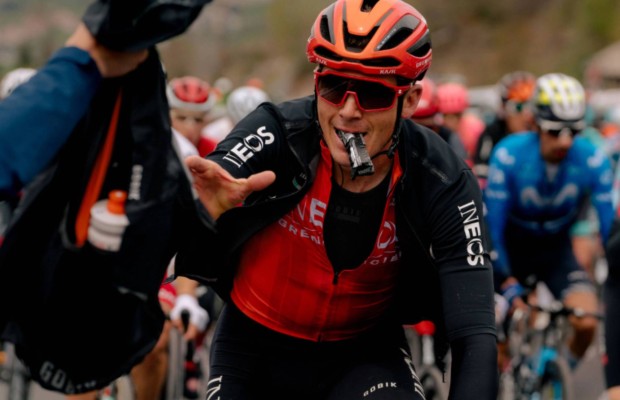
What are nitrates and why will they give you an extra boost in your performance on the bike?

How to wash your bike at a gas station without ruining it
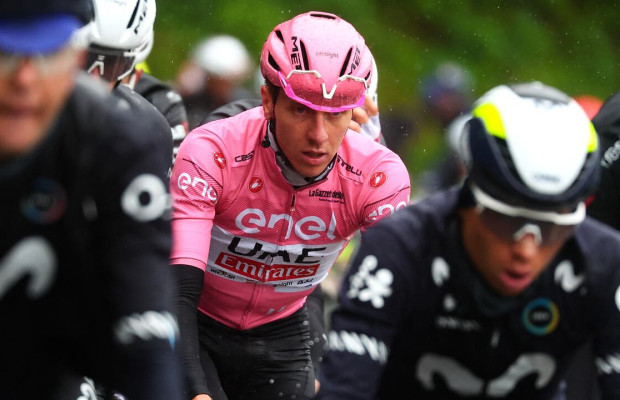
Tips for staying motivated to go out riding when cold, rain or night lurk
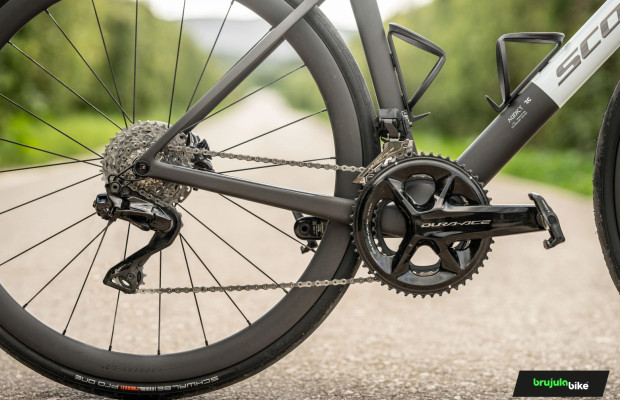
How to choose the right crankset and cassette: a guide to find the right ratio and extend the life of your bike
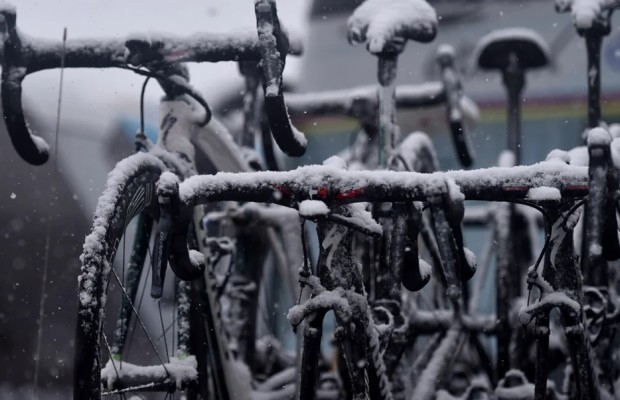
Can I go cycling with the flu or a cold?
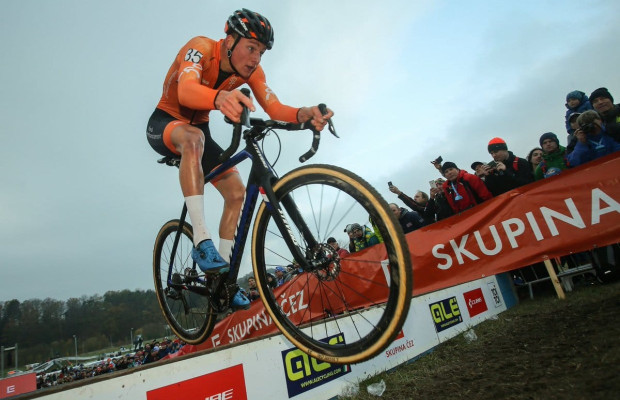
He invented the idea of jumping over the planks, which earned him a World Championship against Van der Poel
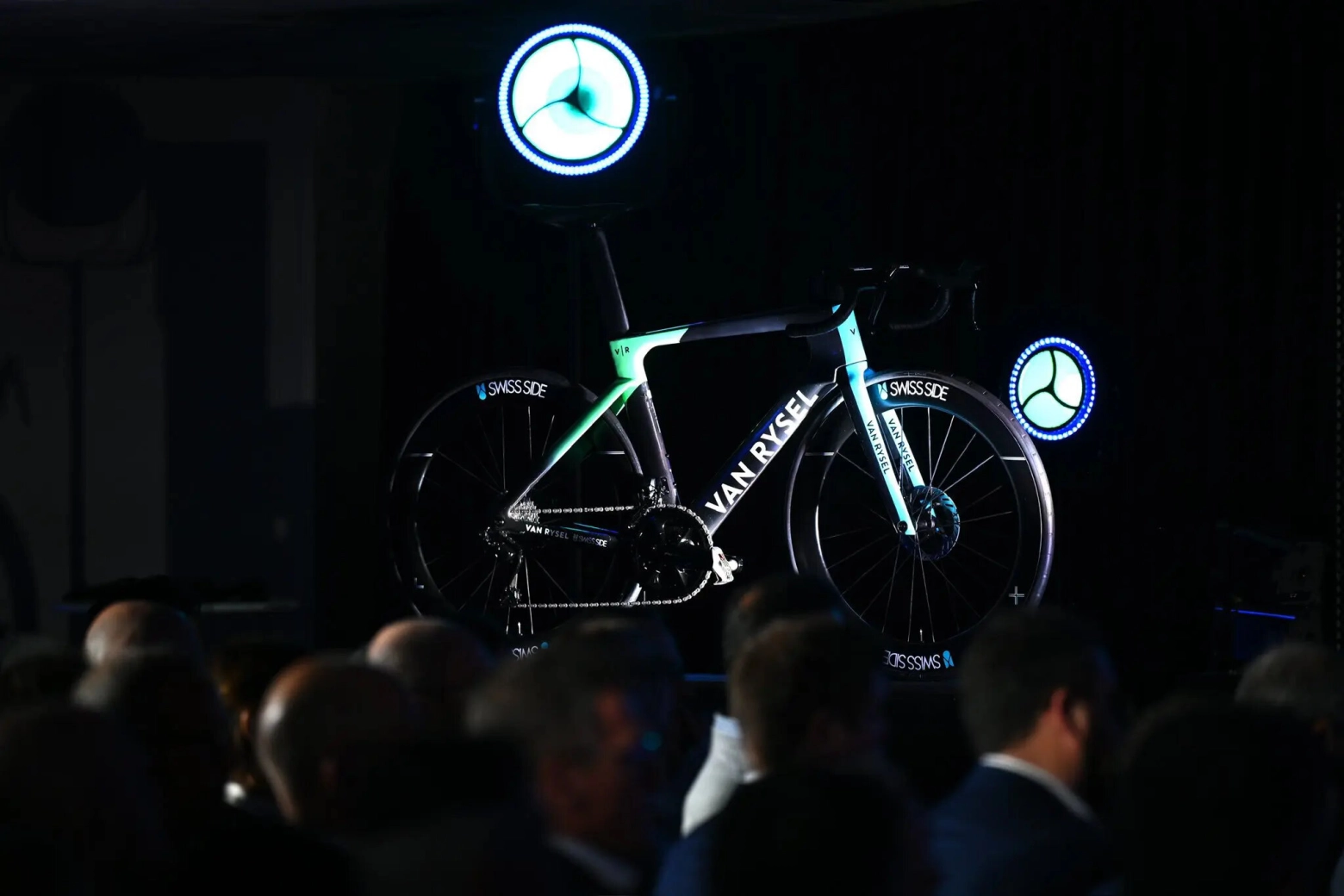
Like in its climbing companion, in the development of this Van Rysel RCR-F, the brand has had the invaluable collaboration of the experienced aerodynamic laboratory Swiss-Side, who have provided all the fluid dynamics work to come up with the general design lines and the best profiles that, later, using prototyping through 3D printing, have been validated in the wind tunnel until achieving the set objectives. In total, about 15 prototypes were created until the optimal solution was found.
However, little else is known about this Van Rysel RCR-F, which, despite being shown to the public during the team presentation and the cyclists already having it at their disposal, will not be officially launched until spring when, with the arrival of the classics, it will become the team's flagship bike destined to perform at its best in these races.
In fact, the creation of a specifically aerodynamic bike, beyond the characteristics of the RCR Pro that was designed under the aerolight concept, arises after analyzing the different races of the season and evaluating with data in hand the energy savings that a specific bike can represent in tests where the speed constantly exceeds 45 km/h, including the classics, where the speed is very high and the races end up being disputed in small groups or even individually, a situation in which aerodynamics is even more relevant.

With this approach, this Van Rysel RCR-F is designed to provide enough absorption over the cobblestones of the classics and has a wheel clearance that allows for tires up to 33 mm.
It is worth mentioning that both RCR models share geometry to offer professional cyclists identical positioning on the bike and sensations in handling. There are also great similarities in the rear end as Van Rysel's aerodynamic work has focused on the front, where the airflow first hits and guiding it properly is most relevant. There, deeper profiles and a specific handlebar designed by Van Rysel and Swiss Side have been chosen, which was then produced by the usual supplier, the Italian Deda.